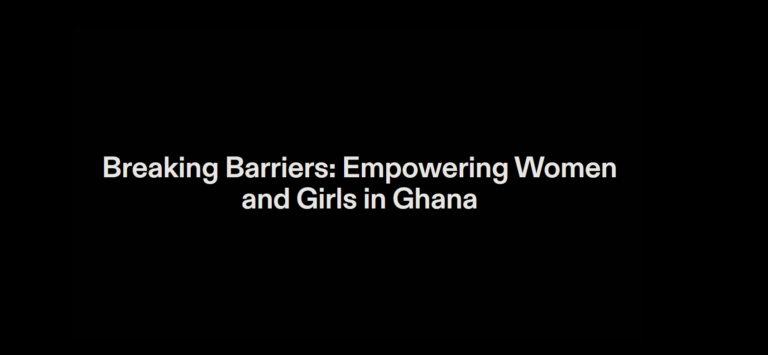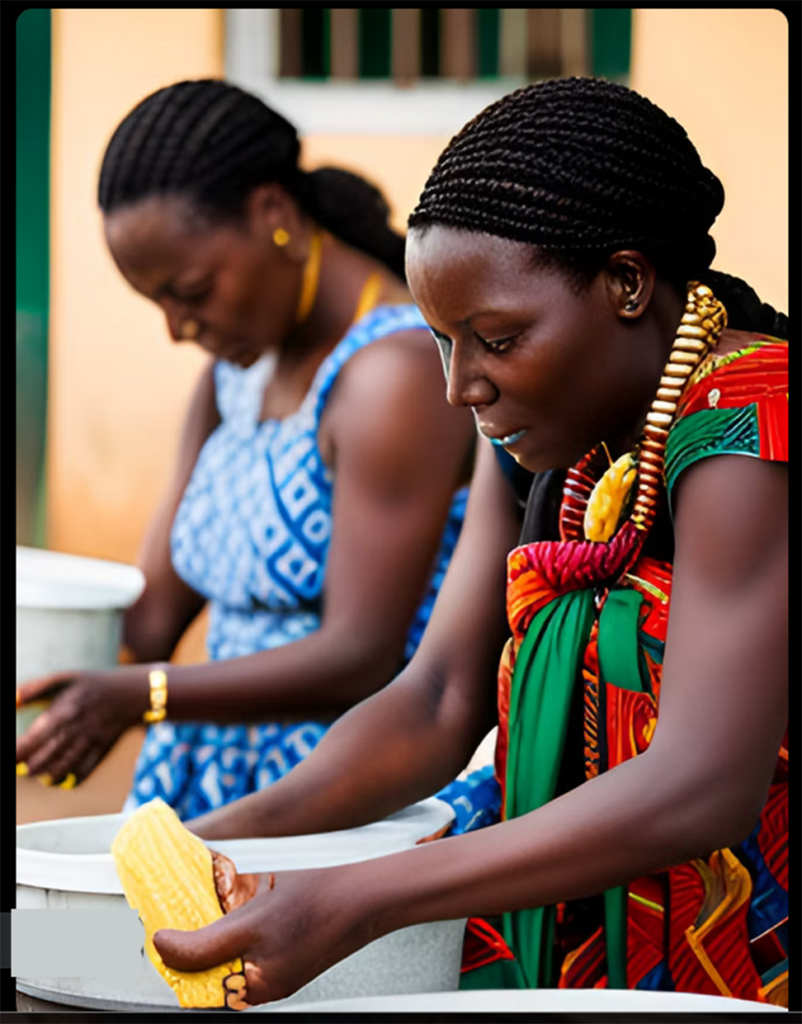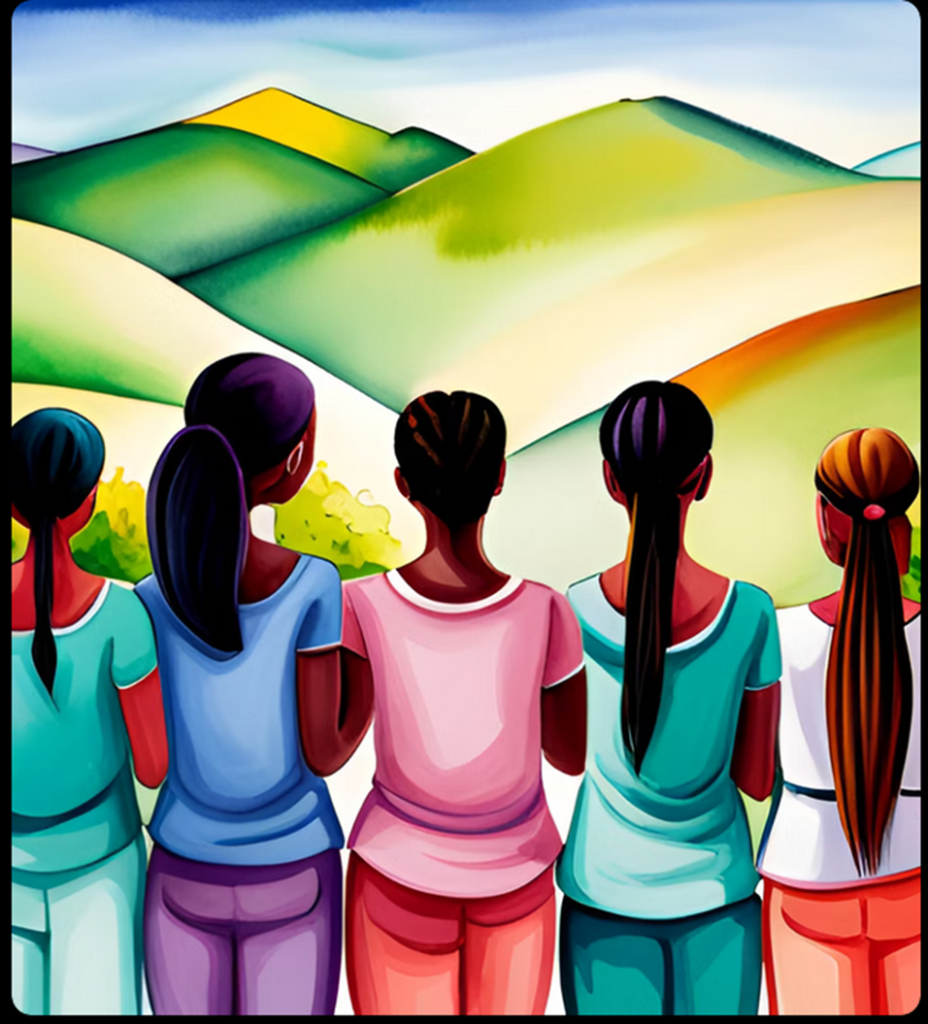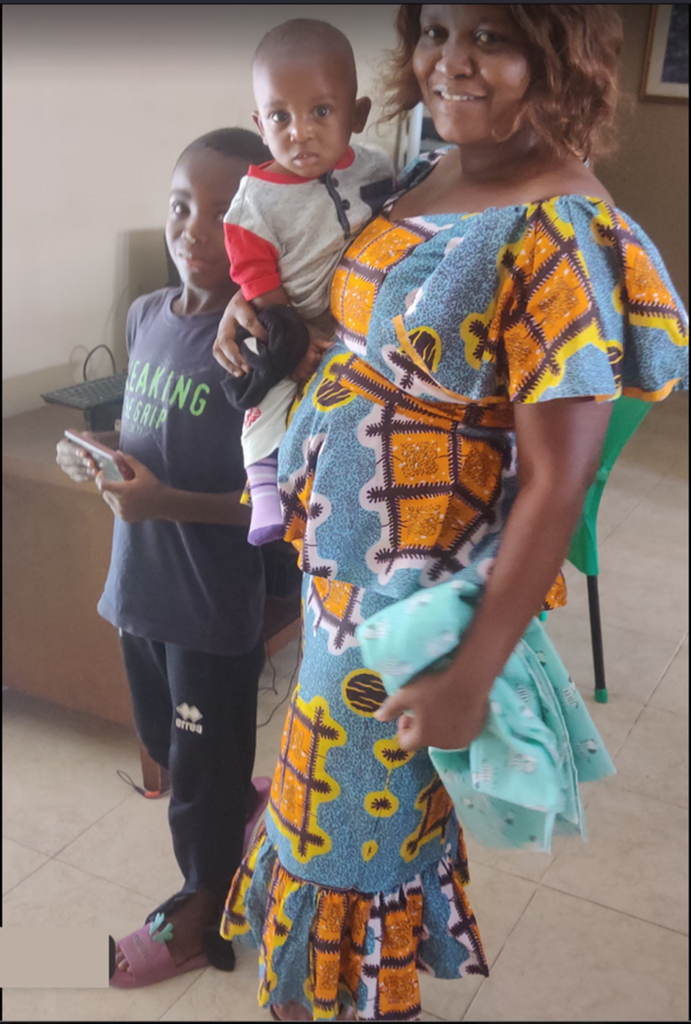FLCC-BBH-Breaking Barriers - Empowering Women and Girls In Ghana

Introduction
In Ghana, like many other countries around the world, women and girls face significant challenges when it comes to achieving their full potential in the workforce. Despite progress in recent years, they continue to be underrepresented in many industries and earn less than their male counterparts. This is why career development programs for women and girls are so important.
These programs have the potential to transform the lives of women and girls in Ghana. By providing them with the skills, knowledge, and support they need to succeed in the workplace, we can help to break down the barriers that prevent them from reaching their full potential. This not only benefits individual women and girls but also has a positive impact on families, communities, and the economy as a whole.

The Current Situation
In Ghana, women and girls face significant challenges in the workforce. Despite making up nearly half of the population, only 13% of women are in leadership positions, and they earn on average 23% less than men. This gender pay gap is even wider for women in rural areas and those with lower levels of education.
There are many barriers preventing women and girls from achieving their full potential in the workforce. These include limited access to education and training opportunities, cultural biases that prioritize male workers, and a lack of support for work-life balance. Additionally, women often face harassment and discrimination in the workplace, which can lead to lower job satisfaction and increased turnover rates.

Why Career Development Programs Matter
Career development programs are essential for women and girls in Ghana because they provide the skills, knowledge, and resources needed to succeed in the workforce. These programs offer training in areas like leadership, communication, financial literacy, software and technical skills, which can help women and girls advance in their careers and achieve their full potential.
In addition to improving job prospects, career development programs also promote economic empowerment and greater gender equality. By providing women and girls with the tools they need to succeed, these programs can help break down barriers that prevent them from accessing well-paying jobs and leadership positions. This not only benefits individual women and girls but also has a positive impact on families and communities as a whole.

Our Successful Programs in Ghana
Since 2020 to present we have provided 20 young women with training in MS Office Suites (Excel, Access, Word & PowerPoint), financial literacy in bookkeeping for business and home with QuickBooks and Excel, with on the job training with our NGO, BringBackHope. This successful program for women and girls in Ghana offers them jobs working full-time, with flexible hours, in Data Entry, Clerks and Managers for our Provision Shop, Mobile Money Agents. Our program Women in Business (WIB) provides training and resources for women to build their own businesses while learning on the job, helping them increase their productivity and income. As a result, the women who participate in the WIB program are able to support themselves and their families, and even expand their businesses.
Another one of our successful programs is Uplifting Our Youth, which focuses on improving access to education for girls in Ghana. The program provides scholarships, mentoring, and other resources to help girls stay in school and succeed academically. Thanks to this program, more girls in Community 18, are able to complete their education and pursue careers that they are passionate about.

Challenges and Opportunities
While there have been success in our career development programs for women and girls in Ghana, challenges still exist in implementing these programs on a larger scale. One major challenge is the lack of funding and resources, which can limit the reach and impact of these programs. Additionally, cultural norms and gender stereotypes can make it difficult to convince families and communities of the value of investing in women’s education and career development.
However, there are also many opportunities for expanding these programs and making them more effective. For example, partnerships between government, NGOs, and private sector organizations can help to increase funding and resources. Education campaigns that target families and communities can help to shift cultural norms and attitudes towards women’s education and employment. And technological innovations, such as online training programs, can help to increase access to career development opportunities for women and girls in remote or underserved areas.

Conclusion
In conclusion, the importance of career development programs for women and girls in Ghana cannot be overstated. As we have seen, women and girls face significant challenges in the workforce, from discrimination to lack of access to education and training. However, by investing in career development programs, we can help to break down these barriers and create more opportunities for women and girls to succeed.
These programs are crucial for promoting gender equality, improving economic empowerment, and creating a more prosperous future for all Ghanaians. By supporting these programs, we can make a tangible impact on the lives of women and girls and help to build a brighter future for Ghana. So let us continue to invest in these programs and work together to create a better, more equitable world for all.
.

